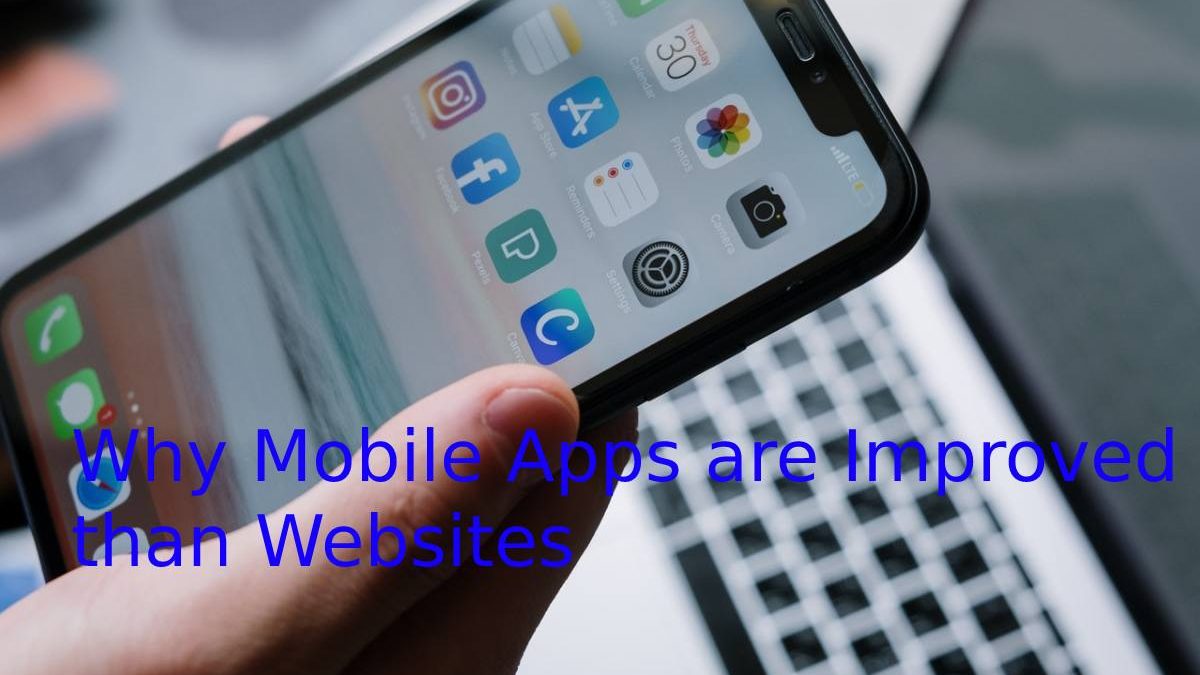Table of Contents
Why Mobile Apps
Why Mobile Apps: 5Companies have grasped the need to use mobile platforms to efficiently attract clients.
Hundreds of businesses have begun to focus on establishing websites and mobile applications as a result of the crisis.
At first look, the cost, usability, desired features, and target audience all influence the decision between mobile applications and websites.
In some ways, because establishing a website is less expensive, it is the most popular option in Ecuador.
We explain why a mobile application is often far superior to a website at CLUB Ponle+.
1 Why Mobile Apps Offers Better Customization
many businesses want mobile app in first place is ability to send non-intrusive direct notifications to users, which user can receive regardless of any activity they perform on their mobile device. One of the main reasons The ability to send non-intrusive direct notification to user.
Personalization focuses on delivering personalized communication to users based on their interests, location, usage behaviour, etc.
With mobile apps, it’s easy to treat users to a personalized experience.
Mobile applications may allow users to set their preferences at the outset, based on which users may receive personalized content.
2 Ease of Sending Notifications
The ability to send non-intrusive instant notifications to users is one of the main reasons many businesses want a mobile app in the first place.
On the other hand, push notifications are those notifications that users can receive regardless of any activity they perform on their mobile device.
Many businesses want mobile app in first place is ability to send non-intrusive direct notifications to users, which user can receive regardless of any activity they perform on their mobile device. One of the main reasons The ability to send non-intrusive direct notification to user. Statistics indicate that instant notifications have a conversion rate of almost 40%.
3 Apps Include Versatile Tools not Available on Websites
Why Mobile Apps can easily have camera use, contact list, GPS, phone calls, accelerometer, compass, etc.
When used within an application, such device features can make the user experience interactive and fun.
Imagine this example: some users have to fill out a form where they are asked to attach their photographs. The app can allow users to use the camera to take a selfie on the spot. Super easy and practical for the user.
4 Ability to Work Offline
This is probably the most fundamental dissimilarity between a mobile website and an app. Although apps may also require Internet connectivity to perform most of their tasks, an offline app can provide essential content and functionality to its users.
5 Freedom in Design
Despite all the technological advances in web design, mobile phone websites still have to rely on browsers to perform the most basic functions.
Why Mobile Apps do not have any of these restrictions.
However, The mobile app can be designed with many elaborate features based on advanced gestures like “tap,” “swipe,” “drag,” “pinch,” “hold,” and more.
Apps can use these gestures to deliver innovative functionality to help users perform better tasks.
6 New Brand Experience
Since a mobile app is different from a business website, you have the freedom to offer a new brand experience to users.
It means that companies can test new branding styles for the app without having to make expensive “real world” investments. This means that a company can experiment and analyze the reaction of its users without incurring expenses in signs, stationery, and advertisements, among others, to investigate whether a change in the logo or its institutional colours.
7 According to Statistics, users spend more time on Apps
A brand user spends 86% of their time using a company’s web applications vs. 14% within an institutional website.
8 Higher Conversion Rate
Mobile apps can be a great way to push users down a conversion funnel if your business wants to increase conversions.
As a mobile application can be designed according to the needs, users can be more easily directed to the actions that a company expects.
9 Increased Brand Presence
Users spend a considerable quantity of their time on mobile devices. And the use of apps is predominant.
If a user sees your app icon in their mobile browser, it is an advertising reminder of your brand.
Yes, the presence of an app on a user’s device helps subconsciously influence the user’s perception of a brand.
10 Apps can Run Earlier than Websites
A well-designed mobile phone app can take action much earlier than a mobile website. Apps naturally store their data locally on mobile devices, unlike websites that usually use web servers.
For this reason, data recovery happens quickly in mobile applications. Applications can save users even more time by storing their preferences and using them to take proactive actions on behalf of users.


